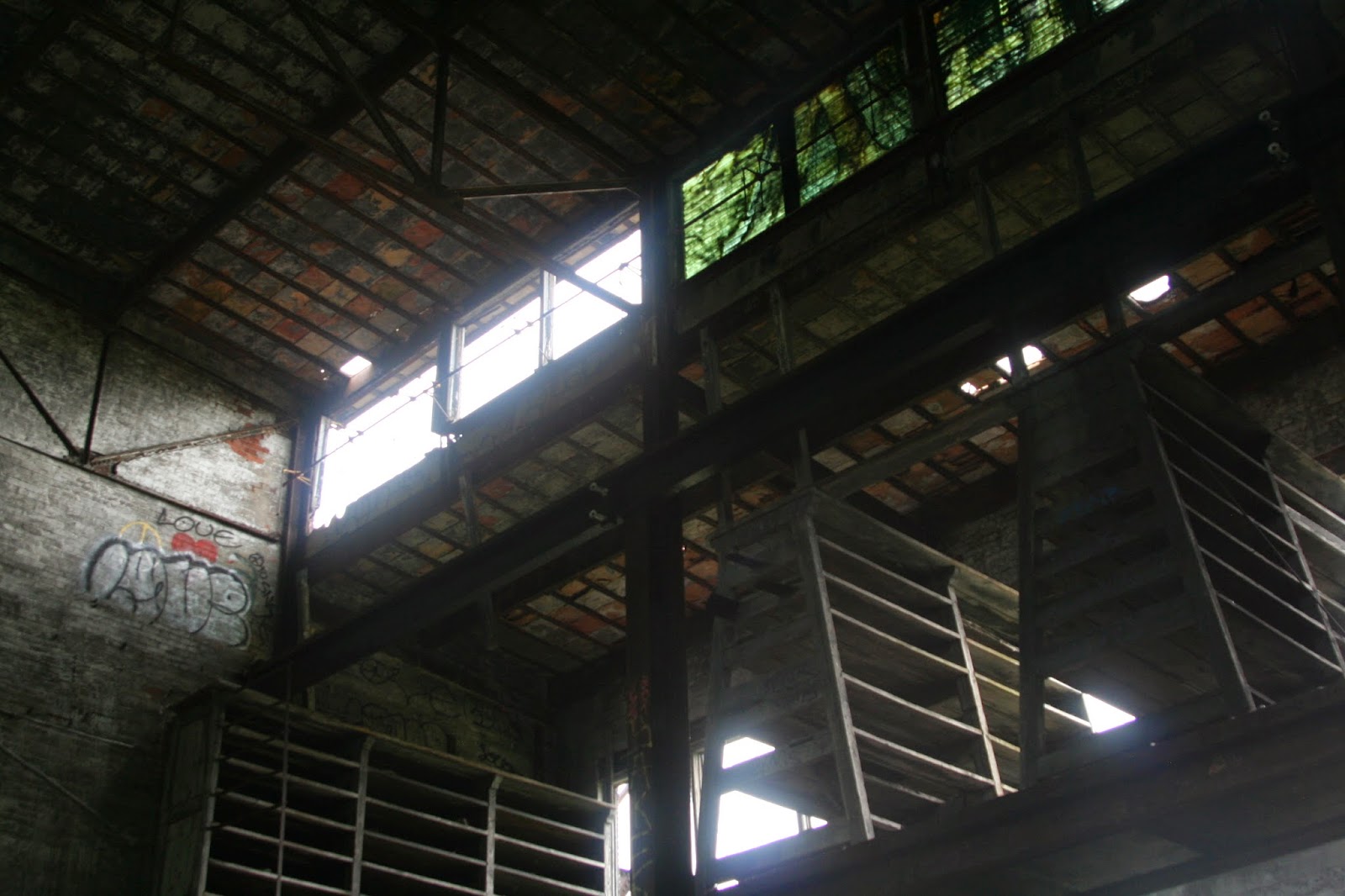Wood National Cemetery
The Soldiers Home Cemetery, designed by Thomas Van Horne, was established at the Northwestern Branch in 1871; prior to that time, the Home buried its soldiers in private cemeteries in the Milwaukee area. There are two sections of cemetery at the Northwestern Branch. The main section of the cemetery, about 36 acres, is west of the historic campus and physically divided from it by the railroad line, but clearly visible from the western area of the historic core. Another five acre section is west of the building complex. The cemetery holds a 1900 reception building and a 1928 comfort station. The granite Civil War Soldiers and Sailors Monument was erected in 1903 In 1937 the name was changed to the Wood Cemetery, in honor of General George Wood. In 1973, it became a National Cemetery.
The most prominent monument on the cemetery’s grounds is the Soldiers
and Sailors Monument. Located at the northeast corner of the
cemetery.
Gettysburg Address Monument just west of the intersection of Gen. Mitchell Blvd. and Juneau Avenue
Gettysburg Address
Cast-iron tables inscribed with stanzas of Theodore O'Hara's Bivouac of the Dead
were fabricated at the War Department’s Rock Island Arsenal, Illinois,
in 1881-82. At the Northwestern Branch of the National Home for Disabled
Volunteers, Milwaukee, the tablets were originally installed on wooden
posts. In 1941 these tablets were refurbished and set in stone
General Kilbourn Knox was appointed governor (promoted to general) of
Milwaukee’s Soldiers' Home to succeed General Jacob Sharpe, who resigned
voluntarily, due to impaired health from a war wound. Sharpe had been
in charge for nine years. Knox’s appointment became official on May 1,
1889.
General Knox died on April 17, 1891, at the age of 48. Before his death,
he expressed a desire to be buried on the Home grounds and this wish
was granted three days later. The Rev. E.P. Wright, Home chaplain,
presided over the funeral service in the Home Chapel, attended by 1200
veterans. General John C. Black of Chicago made a brief address.
Civil War veterans
Soldiers
and Sailors Monument.
Soldiers
and Sailors Monument.
Soldiers
and Sailors Monument erected Jan 1903
The sentinel atop of the Soldiers
and Sailors Monument.
Soldiers
and Sailors Monument
Soldiers
and Sailors Monument
Soldiers
and Sailors Monument
Medal of Honor Bicentennial Trees
Spanish American War and Civil War veterans
Cast-iron tables inscribed with stanzas of Theodore O'Hara's Bivouac of the Dead
Rows of our Brave service men and women
Surgeons Resident Quarters
The disabled soldiers home being restored
Another photo of the disabled soldiers home





























































